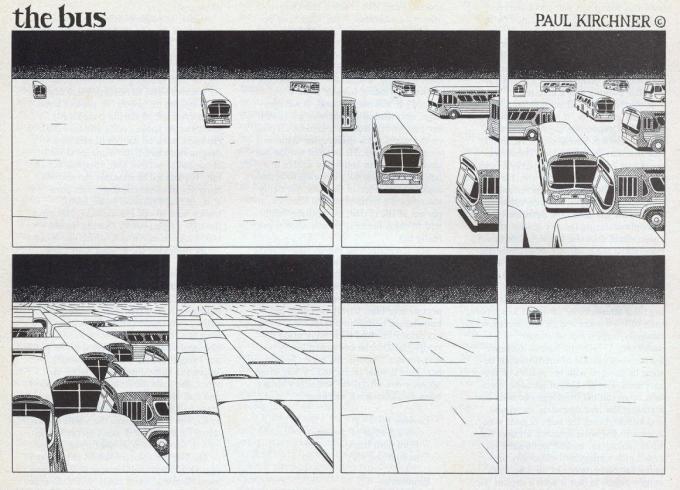Welcome, new readers!
As a public pseudo-journal, Liminal Thoughts stores the scattered ruminations I’ve considered interesting enough to be manifested in a space which, for once, isn’t inside my skull. This merit scale is incredibly subjective, of course, and the content here may not appeal to your diverse and undoubtedly more interesting tastes. If the thought of reading my take on philosophical quandaries, textual analyses of games (using both close and distant reading– what even is that? we’ll find out!), or critical reviews of various (and mostly sci-fi) books/movies/TV shows in any way makes you curious, then, please, stay a while and read!
The first project I’d like to cover here in Liminal Thoughts is a text mining experiment that examines the flavour text of the collectible card game Magic: The Gathering. With the help of some brief snippets of Python code, I use simple word counts, Term Frequency-Inverse Document Frequency (TF-IDF), and Sentiment Analysis to compare the creative texts on MtG’s 17000+cards and note how they’ve evolved over the past 25 years. I won’t say any more for now, though, as that project will soon have its own introductory post.

For the rest of this blurb, I’d like to bring your attention to this short comic by Paul Kirchner. Originally published over seven years from 1979-85 in the American magazine Heavy Metal (and now found uploaded on imgur), The Bus examines the mundane life of a passenger through his surreal encounters with the public transit system. The bald citizen, caught between the social norms of capitalism and the unexpected events of an unexplainable world, greets the absurd with every new day. He isn’t alone, though. The Bus itself goes on its own adventures and, as the comic’s title suggests, is the true protagonist here. Often wordlessly, the comic manages to humanize our vehicles while demeaning our agency and purpose. Captured in such a simple concept, The Bus wonderfully exemplifies everything I enjoy most in the entertainment I consume: conciseness, sensibility, thoughtfulness, and an acute awareness of the contemporary human predicament.
As a generally curious person who wonders through what-ifs or what-could-have-beens on an hourly basis, the fleeting questions that The Bus elicits are the very ones that tend to punctuate my days. In many ways, the comic embodies our anxious imaginations for us. Its blatant absurdity confronts us, as a drunk stranger roaring with gesticulated onomatopoeias on an empty metro would. It takes the questions we neglect and shoves them in our face, coercing us to re-examine the aspects of our lives we’ve presumed to be stable.
What does our art and society value most? How do we delineate truth from falsity? What happens when we cannot? How do these distinctions construct the limits of our normalized lifestyle? Who justifies these limits? When or how do they become absurd or unjustifiable? And, after all that, what does the Bus amount to? How does its symbolization change from one adroit strip to the next? What is the Bus? An uncannily familiar reflection of ourselves, or the strangeness of an other?

Of all the metaphysical and social questions the Bus raises with its (typically six to eight) panels, one theme looms above, still and indifferent, like air resting on a canoed lake. Uncertainty. Unpredictability. The Unknown. Summarily, the instability of both our perceptions and the world which our senses admire. Without tumbling down that infamous hole of moral-relativism and post-truth beliefs, The Bus certainly brings us close to questioning the fixity of meaning in our everyday actions and social norms. Each strip presents its own phantasmagorical tableau, yet they always seem to coalesce around this common principle and its offshoots. Modern life is at once monotonous and monolithic; boredom can never be fully satiated; what we know is never certain; feeling helpless is natural (and buses, too, can feel this way); events that only happen once are not as unique as they might may feel; the meanings we yearn for are soluble as dust.
